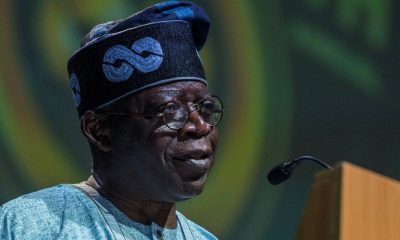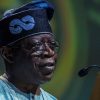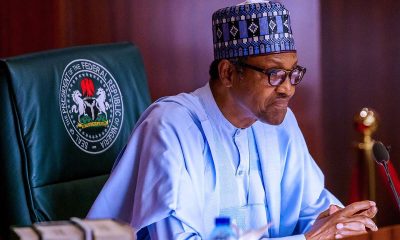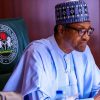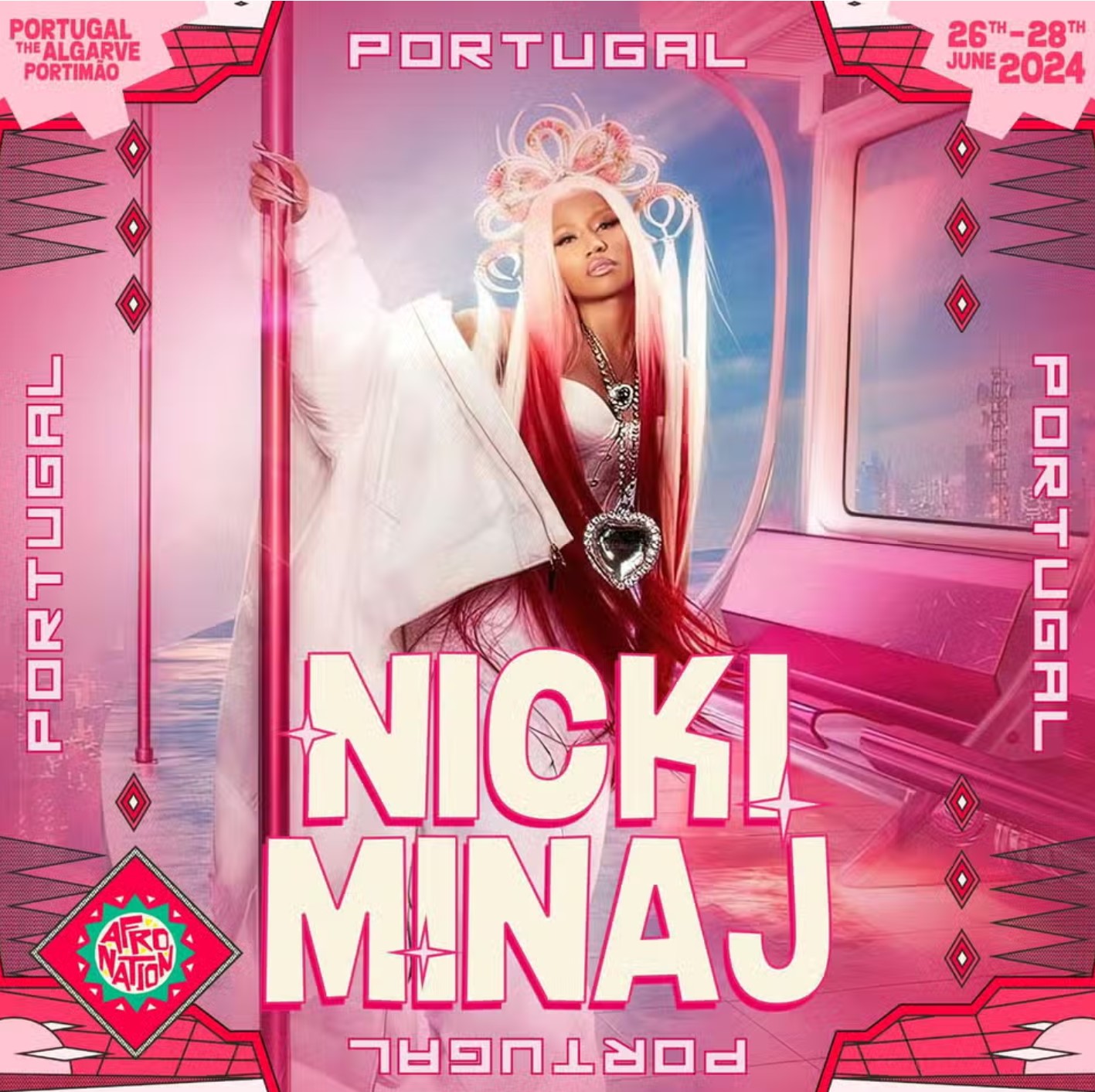

More in Business
-


Business
‘Gye Wo Fie’ property draw launched to fulfill dreams of property ownership
London-Born Ghanaian Brothers Launch “Gye Wo Fie” A chance to own a home in Ghana for...
-


Business
Complete Farmer Trade Center opens new chapter for Farmers in the Volta Region
Complete Farmer, a pioneering force in agricultural technology and marketplace solutions, is set to announce the...
-


Business
Carlo Van Security transforms homes, and businesses with advanced technology
Renowned Ghanaian-owned security company, Carlo Van Security, is spearheading an advanced technology for home and business...
-


Business
Vodafone Ghana officially becomes Telecel
Telecel, a leading telecommunications brand in Africa, has officially launched in Ghana to provide innovative telecommunications...
-


Business
Bola Ray’s Empire Foundation donates to SOS Children’s villages
Empire Foundation, spearheaded by EIB boss, Nathan Kwabena Anokye Adisi, aka Bola Ray, and his wife,...



